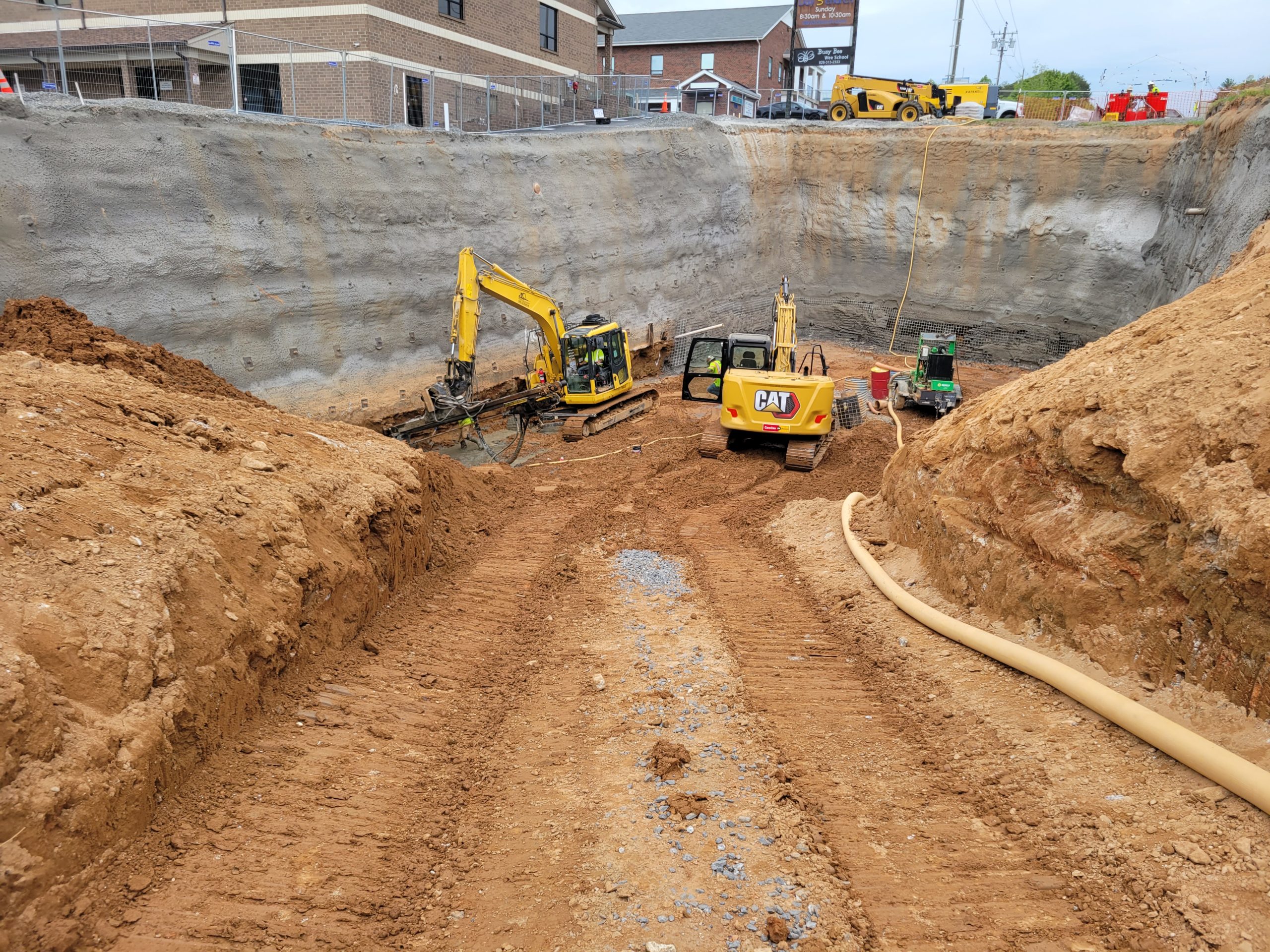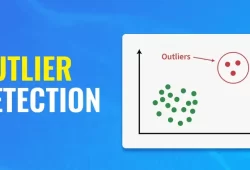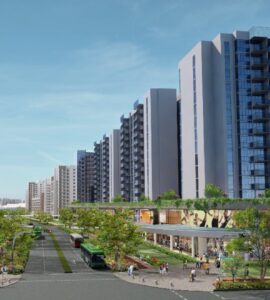 Posted On
Posted On
How Can Temporary Work Engineers Ensure Site Stability?
 Posted On
Posted On
Temporary work engineers are the backbone of construction projects, providing essential support systems to maintain site stability during excavation, renovation, or large-scale structural changes. Their expertise ensures that temporary structures, such as shoring systems and scaffolding, function effectively and safely. Here’s how NadeauSDM temporary work engineers guarantee stability and security on-site.
- Conducting Comprehensive Site Analysis
Site stability begins with a thorough analysis of the construction environment. Temporary work engineers assess key factors such as soil type, groundwater conditions, and load requirements. These evaluations allow them to design systems tailored to the site’s unique characteristics, reducing risks and ensuring long-term stability. - Developing Customized Support Systems
No two construction projects are identical. Temporary work engineers design bespoke solutions, including shoring systems, scaffolding, or bracing structures, to meet specific project demands. For instance, a deep excavation site may require robust retaining walls, while a renovation project might need load-bearing scaffolds to stabilize existing structures. - Prioritizing Material Selection
The materials used in temporary systems are critical to their effectiveness. Engineers select high-quality materials capable of withstanding environmental stress, heavy loads, and fluctuating conditions. Choices are made based on durability, cost-efficiency, and the specific requirements of the project. - Using Advanced Engineering Tools
Modern engineering relies on cutting-edge software and simulation tools to ensure precision in temporary work design. These technologies allow engineers to predict how structures will perform under various conditions, optimizing designs for both safety and efficiency. - Implementing Safety Protocols
Safety is paramount in construction, particularly for temporary systems that often bear heavy loads in unstable environments. Engineers adhere to strict safety regulations and construction codes, incorporating redundancies and fail-safes into their designs to protect workers and the public. - Continuous Monitoring and Maintenance
Site conditions can change during construction, potentially affecting the performance of temporary systems. Engineers conduct regular inspections to monitor for wear, misalignment, or material fatigue. They make adjustments as needed to maintain stability throughout the project lifecycle. - Collaborating with Project Teams
Temporary work engineers work closely with contractors, site supervisors, and other stakeholders to ensure their systems integrate seamlessly into the broader construction plan. Effective communication reduces misunderstandings and keeps the project on schedule. - Preparing for Unforeseen Challenges
Construction sites are inherently unpredictable, with potential risks such as extreme weather or unexpected soil conditions. Temporary work engineers anticipate these challenges and develop contingency plans to mitigate risks, ensuring the site remains stable under any circumstances. - Supporting Sustainable Practices
Incorporating eco-friendly practices into temporary work design is becoming increasingly important. Engineers aim to use recyclable materials and minimize environmental impact without compromising on safety or performance.
Conclusion
Temporary work engineers are vital to the stability and success of construction projects. By conducting detailed site analyses, designing tailored solutions, and prioritizing safety, they ensure that every phase of the project progresses smoothly. Trust NadeauSDM temporary work engineers to deliver reliable, efficient, and sustainable solutions for your construction needs.





